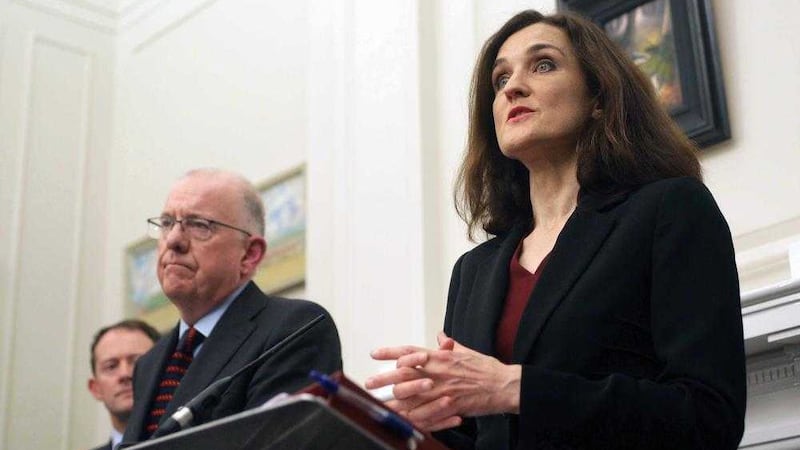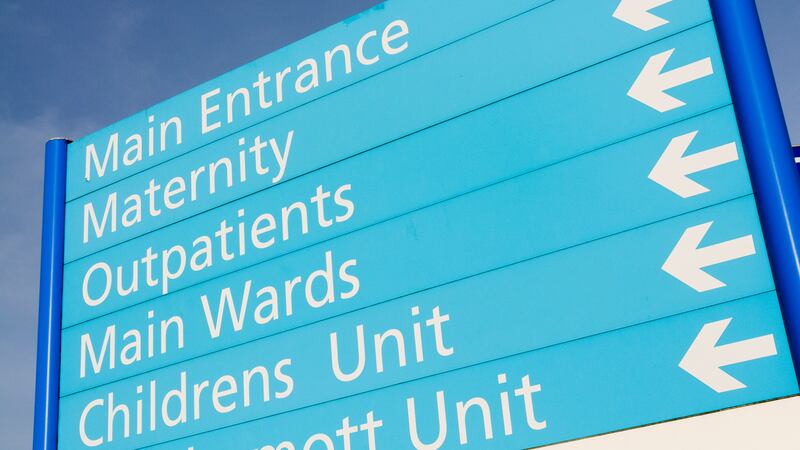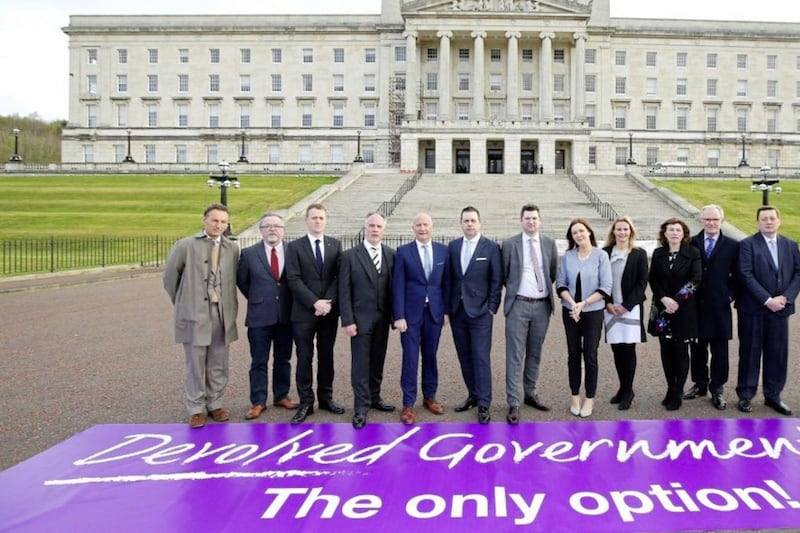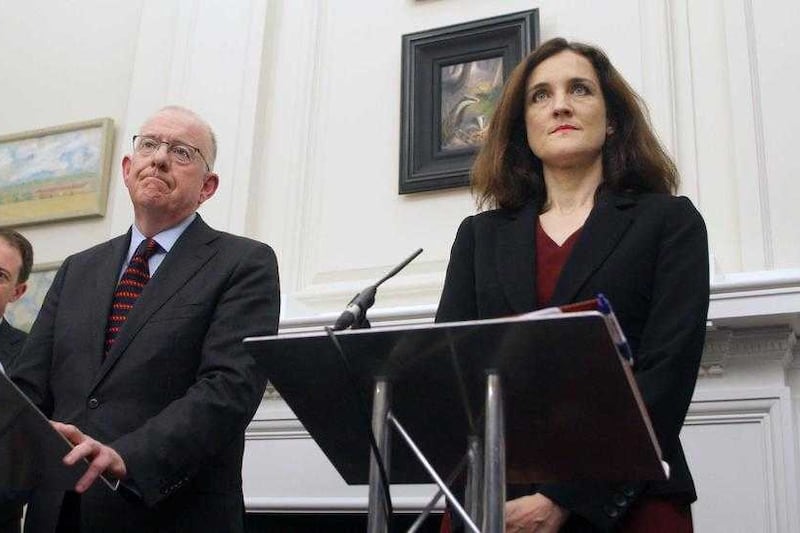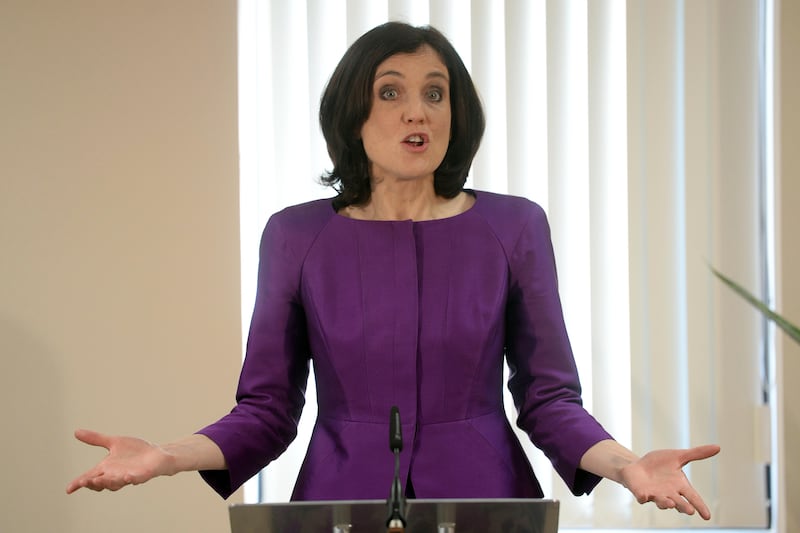WHILE there are many potential winners from Stormont's 'fresh start', not least the numerous people to be appointed to various panels and committees over the coming weeks, there are significant losers too.
Victims and relatives of those killed in the Troubles have seen their quest for a mechanism that would provide answers and justice in dealing with the past kicked down the road once again.
The security issue and ongoing paramilitary activity featured in the agreement, as was to be expected after the talks were sparked by the murder of Short Strand man Kevin McGuigan.
The British government will provide the funding for a new paramilitary monitoring panel, to be called the Monitoring and Implementation Body.
Around £3m will be set aside for it to report back on the state of organisations' structures and ceasefires.
Parties who sign the agreement must also pledge to challenge all paramilitary activity and criminality, as well as supporting people who wish to move away from paramilitarism.
The promise will be added to the ministerial pledge of office.
An additional £150m over five years will go to the PSNI to help with resources, specifically to tackle the ongoing paramilitary threat.
A 15-member commission on flags, identity, culture and tradition will also be established, with members appointed both by the political parties as well as eight non-political figures drawn from civic society.
Nominations from the five largest parties will be made next month with the commission expected to be established by March 2016.
Generous remuneration packages have already been agreed for the yet to be appointed members of the quango.
The British government will also provide an additional £60m over five years for 'confidence and relationship building measures' by the executive, including the highly ambitious aim of bringing down peace walls.
Groups that will receive funding from this 'shared future' initiative are likely to include community bodies with members linked to groups the new paramilitary monitoring body will be assessing.
However, there is no additional money for investigating the past or dealing with historical inquests.
British government insistence on a veto allowing information provided to a proposed Historical Investigations Unit to to be redacted on 'national security' grounds meant that key aspect of the Stormont House Agreement hit a brick wall.
And so once again the needs of victims have been placed on the back burner with still no agreed mechanism to deal with the past.
The Pat Finucane Centre and Justice for the Forgotten, which represents 200 families, last night accused Westminster of ignoring its obligations under human rights legislation to disclose the truth about the actions of state agents.
They said: "In their homes around the country, those who lost loved ones in the conflict will be privately grieving and angry."
The Committee on the Administration of Justice (CAJ) also claimed the British government was effectively pulling down the "national security shutter" on legacy investigations.
With the government having already said there will be no more Bloody Sunday-style inquiries and the police Historic Enquiries Team now disbanded, there now seems little hope for those seeking answers.
The unspoken policy of the British government appears to be to delay further historical investigations and inquests by withholding key documents.
The growing view among victims is that the plan to deal with the past is simply to hope that those fighting for justice will eventually give up.
